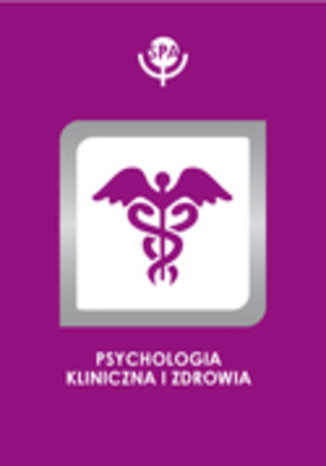Poczucie jakości życia i samoocena pacjentów w trakcie terapii uzależnienia od alkoholu

Przemysław Zdybek, Romuald Derbis
DOI:10.14691/CPPJ.24.3.595
Rocznik: 2018 Tom: 24 Numer: 3
Strony: 595-606
During the addiction therapy patients describes a sense of emptiness, low level of life satisfaction and difficulties in enjoying their lives. Those problems often caused them to return to psychoactive substance use. The research presented in the article is aimed at checking the dynamics of the above constructs during addiction therapy, which may help to better understand the treatment process. A longitudinal study of alcohol dependent patients in the process of addiction therapy was conducted. The research questionnaires measured selected aspects of psychological well-being as general construct and specific subscales. The first measurement was made at the beginning of a patient’s addiction therapy, second was carried out in the last week of the patient’s therapy. N=216 patients from 4 addiction therapy centres took a part in the research. The results show that the main indicators of quality of life and sense of self are statistically significant improvement after the short-term therapy. Research confirms the positive impact of addiction therapy on patients. The challenge of this type of research and the treatment itself is to monitor short and long term effects of addiction therapy. These studies shows that the discussion about the effectiveness of the therapy should not be limited only to the abstinence, but also other indicators of psychological, social, medical recovery.









 Pobierz pełny tekst
Pobierz pełny tekst



